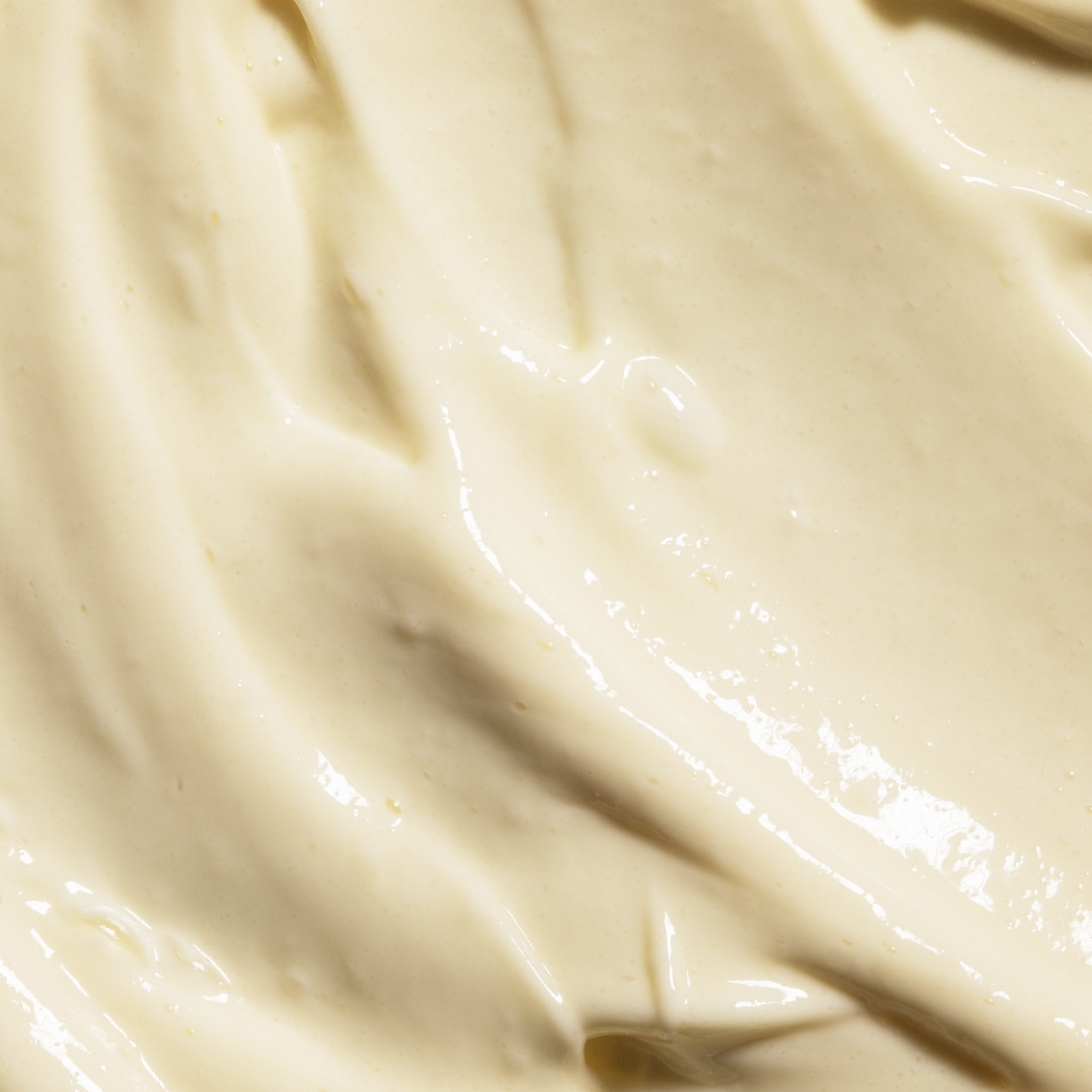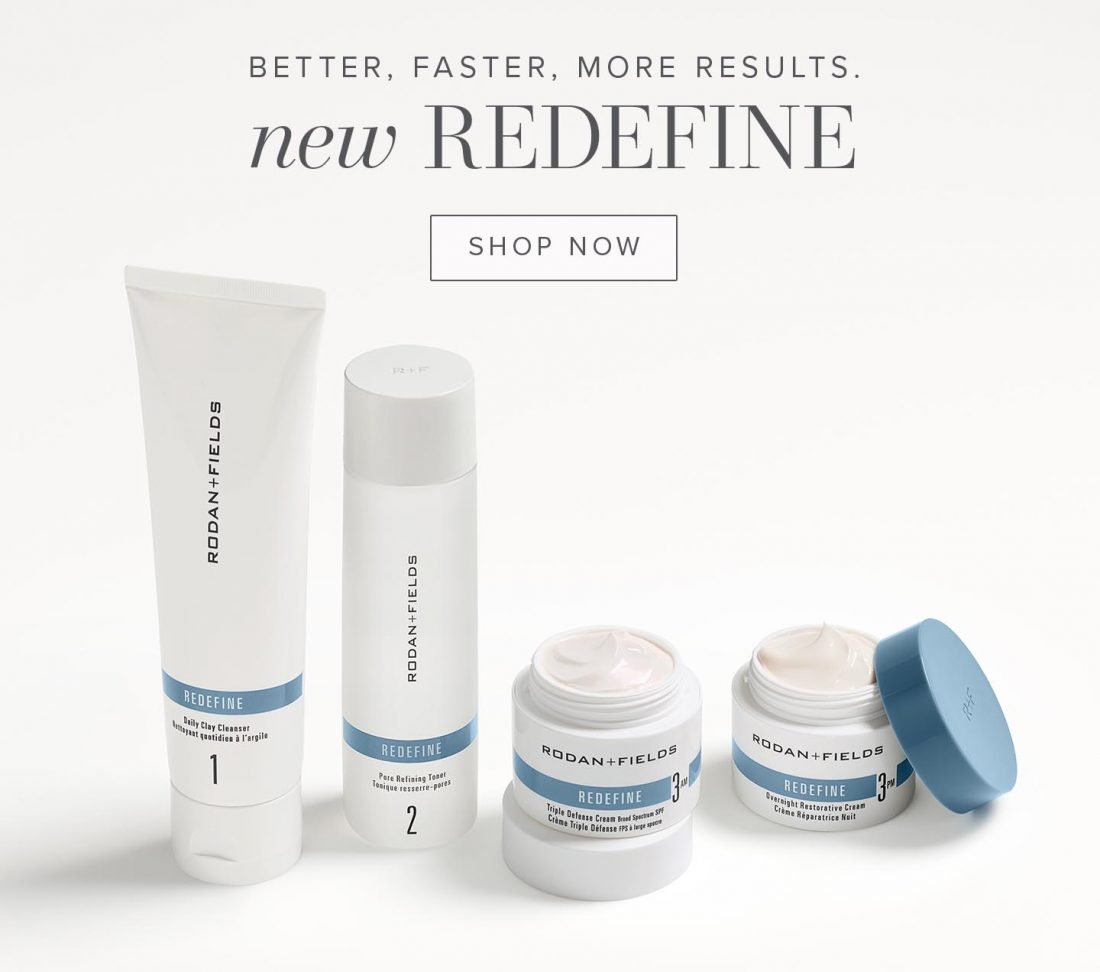You may recognize Peptides as a fancy ingredient you see in luxury skincare products. They have long been used in this capacity, and are one of the most buzzed-about ingredients when it comes to anti-aging. As hero ingredients, they are a beauty powerhouse because they have clinically proven to be successful . Here, we’ll share the dermatological perspective on all things Peptides, some tips on choosing the right products containing them and how to work them into your Skincare Regimen.
What even is a Peptide?
Peptides are short chains of amino acids, which act as building blocks of proteins—like collagen, keratin and elastin. These make up your skin’s foundation and they have an impact on texture, resilience and strength. Research shows that Peptides, in addition to anti-aging benefits in the skincare realm, also reduce inflammation and destroy microbes.
What skincare concerns do Peptides address?
They have an effect on skin’s firmness, texture and bounce. Think of Peptides as tiny messengers. They trigger your skin cells to perform functions like building collagen and elastin, which can help your skin look and act younger. Peptides are proteins, like Collagen, which are your anti-aging defense. Collagen can’t exist without Peptides. In other words, without Collagen, your skin doesn’t have a defense against aging.
The Benefits of Peptides
Peptides are one of the few skincare components that scientists and dermatologists agree make a difference when it comes to combating the signs of aging — wrinkles, fine lines and loss of firmness. Peptides’ benefits go beyond the short-term. As mentioned, they have a long history of being used in skincare. This tried-and-true ingredient has stood the test of time and is still recommended by dermatologists. Peptides offer a range of demonstrable effects on your skin, from making it stronger to giving it more resilience. In short, they can be a great addition to your skincare routine.
Are all Peptides the same in different products?
No, in cosmetics, there are five different categories of Peptides.
- The most commonly used in cosmetics are signaling Peptides. These are used to maximize the amount of your skin’s collagen.
- Next on the list are carrier Peptides, which link up with another ingredient to help its delivery to your skin cells. Copper is an example of this type of Peptide, and it assists with wound healing.
- There are also neurotransmitter inhibitors, which may decrease the appearance of fine lines.
- There are enzyme inhibitor Peptides, which interfere with the chemicals involved in a specific aging-related process of your skin. I.e., they help stave off collagen loss. These include soybean Peptides, silk fibroin Peptides and rice Peptides.
- Last are structural or keratin Peptides. These target dryness and dehydration in your skin. Typically derived from keratin, they work by improving your skin barrier function—allowing it to retain more water and look plumper.
When does your skin need Peptides?
Most products boasting Peptides are formulated to either increase the amount of collagen your cells produce or decrease the amount of it that gets broken down. The ultimate goal is for you to have smoother, plumper, healthier skin. So, if you feel your skin could benefit from those outcomes, Peptides are a good ingredient to integrate into your skincare routine.
Side effects of Peptides
In the world of skincare, creams and ointments applied topically containing Peptides may cause skin symptoms, though they’re unlikely. These can include skin sensitivity, rash and itching. Patch-test your skincare first when trying a new product to ensure your skin won’t react to a Peptide-infused product.
Skin naturally loses collagen as we age.
As we get older, collagen proteins, which give skin its structure, break down and this contributes to the appearance of fine lines and wrinkles and a lack of elasticity in the skin. Adding collagen Peptides to your skincare Regimen may improve your skin’s health and also slow down the skin’s aging process.
How does the collagen degradation process work?
Dermatologist Dr. Vivian Bucay says that “by the time you are 50 years old, you have half as much of your collagen and half as much of your hyaluronic acid as you would in your 20s,” She notes that every year, you lose 3% of your collagen, which is what gives the skin support. Dr. Bucay uses a mattress as an analogy. “Collagen is like the mattress covering,” Dr. Bucay explains. “It holds everything together.” Think of Hyaluronic Acid as the coils, she says. “They resist compressive forces, and the less we are able to resist these forces, the harder it is for the skin to bounce back,” she says. You know how sometimes you wake up in the morning and have that line from the pillow? The older you get, the more you’ve probably noticed that it takes even longer for that line to disappear.
Which steps in your skincare routine should include Peptides?
Including Peptides in your face cream or lotion step of your Regimen is a good place to start. Peptides are included in both the AM product options, the REDEFINE Triple Defense Cream Broad Spectrum SPF 30 AM and the REDEFINE Triple Defense Lotion SPF 30, as well as the PM product options, REDEFINE Overnight Restorative Cream and REDEFINE Overnight Reparative Lotion .
Are Peptides just for the face?
Can you use them for your eye area and body, as well? The short answer is yes. The eye area has few oil glands and the skin there is very thin. Peptide-spiked eye creams can have thickening agents like Peptides to help with that. For your body, peptide-infused products can help build collagen and strengthen the skin, as well as smooth fine lines, helping to keep skin looking firm and less crepey.
When should we use Peptides versus Retinol?
If you experience skin sensitivity, redness, or flaking related to Retinol use, give a Peptide-infused formula a try. The Multi-Med Therapy approach utilized within the REDEFINE Regimen works to perform at the optimal time of day for best results. This routine builds in a Peptide formula for both morning and night.
During the day, powerful Peptides and Botanical Extracts minimize the appearance of fine lines and deep wrinkles, while Peptides + Grape & Beet Extracts help visibly firm.
At night, the PM products in the Regimen help sculpt, define and lift to visibly improve facial contours with exclusive Peptide Technology plus Retinoid Science.
The REDEFINE Regimen allows you to customize your routine to target the visible signs of aging around the clock and accommodate your texture preferences.
How long does it take for products with Peptides to work?
We understand: You’re not made of time. Our founders, Drs. Rodan and Fields, emphasize the importance of formulation as opposed to a sole ingredient. Consistency is key when it comes to any routine. Using the full REDEFINE Regimen, you can expect to see the first visible results after 4 weeks and then more impact after 8 weeks. The clinicals for the REDEFINE Regimen speak for themselves. These results are from participants using the entire Regimen, as recommended.
Percent of participants noticing improvement after 8 weeks after using the Redefine Regimen:
- 94% had softer, more supple skin
- 94% had smoother skin
- 91% noticed firmer skin
- 85% had plumper, fuller-looking skin
- 85% had improved overall appearance/healthy glow
- 85% had more moisturized-looking skin
- 79% noticed less visible lines/wrinkles
- 76% had more lifted (less sagging) skin
- 76% had more resilient, bouncy skin





